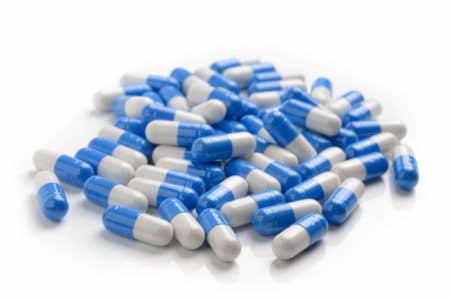Texas Aspirin Lawyer
Aspirin birth defects include the following serious disorders: amniotic band syndrome, cleft lip, cleft palate, spina bifia, anophthalmia, microphthalmia, and clubfoot. New research has found that when mothers took NSAIDs, which are a group of medications that include aspirin, they...
Texas Aleve Lawyer
Aleve has been linked to the following birth defects: clubfoot, cleft lip, cleft palate, spina bifida, anophthalmia, microphthalmia, and amniotic band syndrome. These birth defects have been linked to mothers who took Aleve during pregnancy. Aleve Overview Aleve is one...
Texas Naproxen Lawyer
Birth defects linked to Naproxen use during pregnancy include: amniotic band syndrome, clubfoot, cleft palate, cleft lip, spina bifida, anophthalmia, and microphthalmia, and more. Naproxen Overview Naproxen is the generic name of the popular medication “Aleve,” and is used by...
Fen Phen & Primary Pulmonary Hypertension (PPH) Lawyer
The diet pill Fen Phen was popular in the 1990s, but was pulled from the U.S. market in 1997 after it was linked to Primary Pulmonary Hypertension (PPH) and heart valve damage -- diseases that are permanent and can lead...

Pradaxa Linked to Heart Attacks
A new study has found that Pradaxa may increase a patient's risk of a heart attack by 33% compared to other blood-thinning medications.
Texas Fen Phen Lawsuit
Fen Phen diet pills have been linked to heart valve injuries and Persistent Pulmonary Hypertension (PPH), a life-threatening, permanent disorder. Sometimes, people are not diagnosed with these injuries for many years. What is Fen Phen? Fen Phen is a diet...
Texas Remeron SolTab Lawyer
Remeron SolTab (generic name: Mirtazapine) has been linked to side effects that include: suicidal thoughts or behavior, violent behavior, liver damage, bone marrow damage, and birth defects of the heart and lung, such as Persistent Pulmonary Hypertension of the Newborn...

Researchers Find that Hospital Harm is Under-Reported
A new report has found that only 14% of adverse hospital events that harm Medicare patients are reported.
FDA May Reclassify Transvaginal Mesh as “High Risk”
The Food and Drug Administration may reclassify transvaginal mesh as “high-risk” and is now requiring manufacturers of the products conduct safety reviews.




